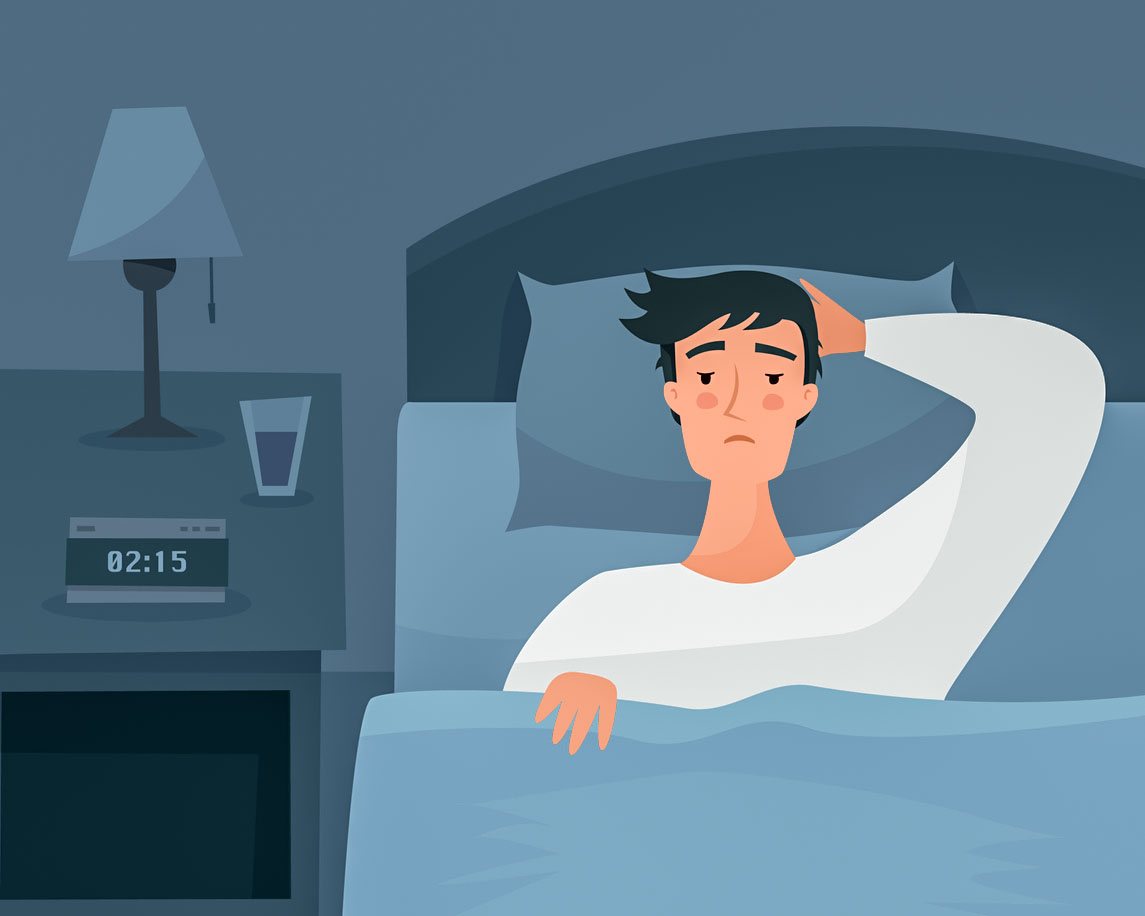We often underestimate the profound impact that sleep can have on our mental health. Yet, numerous studies have shown that poor sleep quality and duration are strongly linked to mental health disorders such as depression and anxiety.
One reason for this connection is that sleep plays a crucial role in regulating emotions and processing stressful events. When we don't get enough sleep, our ability to cope with challenges is compromised, making us more susceptible to mood swings and negative thinking patterns.
Furthermore, sleep disturbances can exacerbate existing mental health conditions and may even contribute to their development over time. This creates a vicious cycle where poor sleep leads to worsened mental health, which, in turn, disrupts sleep even further.
Fortunately, addressing sleep issues can have a significant positive impact on mental well-being. Cognitive-behavioral therapy for insomnia (CBT-I), for example, has been shown to be highly effective in treating both sleep problems and certain mental health disorders.
Additionally, practicing good sleep hygiene, such as maintaining a consistent sleep schedule, creating a relaxing bedtime routine, and optimizing your sleep environment, can help improve sleep quality and support better mental health outcomes.
By recognizing the link between sleep and mental health and taking proactive steps to prioritize sleep, we can better protect our well-being and enhance our overall quality of life.






Comments
Post a Comment